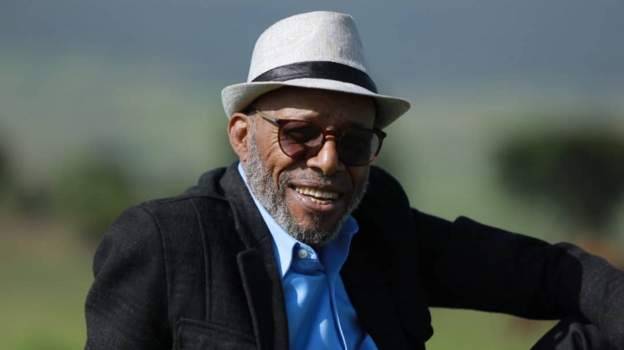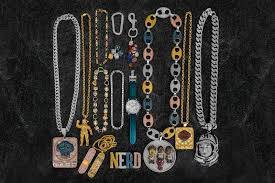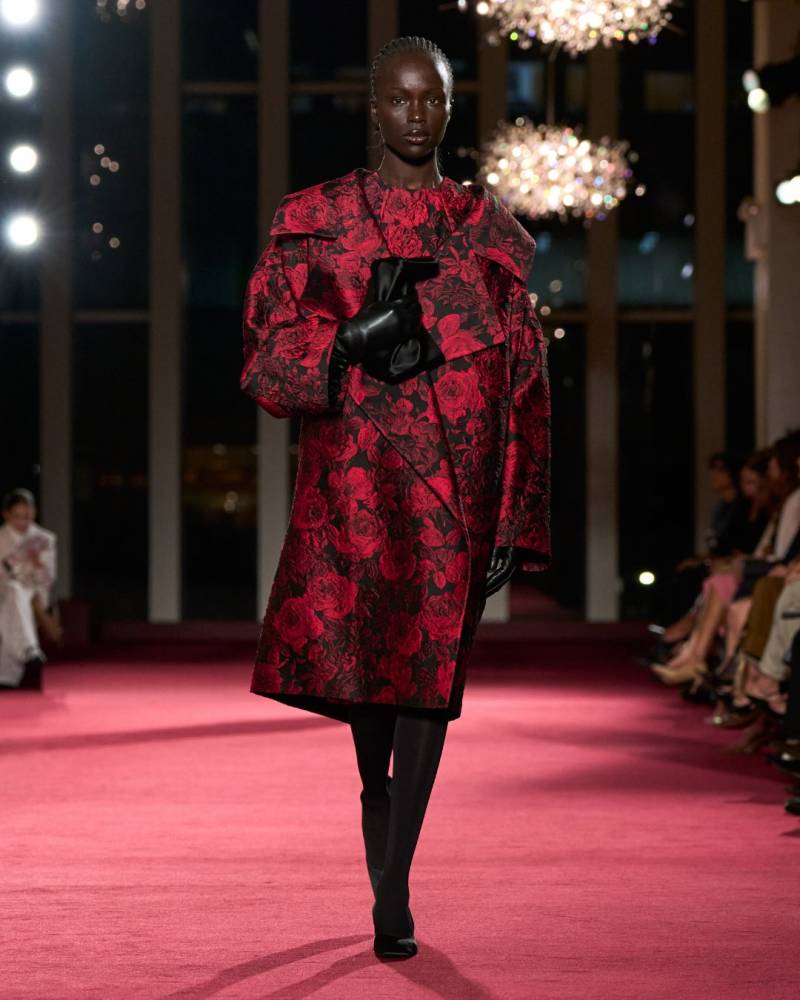A legend, a hero, a poet, a freedom fighter, a voice of justice and liberation, a cultural icon - these are some of the tribute messages by Ethiopians following the death of Ali Birra, the king of Oromo music, who died on Sunday aged 75 after a long illness. Affectionately nicknamed Adeero - meaning uncle - he was part of a golden generation of Ethiopian musicians whose talent was appreciated much later in his life because of the artistic restrictions imposed by the country's earlier feudal and military regimes.
The Oromo ethnic group, despite being Ethiopia's largest, was culturally marginalized by successive governments. Ali's six-decade-long career was therefore punctuated by arrests and harassment, but he continued to compose anti-regime songs earning him the moniker "fighter". Some of his close friends were killed by the regimes he opposed, and rumors of his own death were also common over the years. In one of his interviews with the BBC, he said he was "a lifelong learner". Many Ethiopian musicians say Ali's influence cannot be disputed.
The country's foremost musical expert Sertse Firesbhat called him "a genius". Ali composed hundreds of musical works on a number of issues in half a dozen languages including Arabic. His name was originally Ali Mohammed, but he became known as Ali Birra, a nod to his early works, but also a name that means "spring" or "break of dawn" - in the Oromo language. Ethiopia's Prime Minister Abiy Ahmed referred to Ali as ''a light that does not go off'' adding that his death was ''a loss for Ethiopia" because "he promoted unity, perseverance, and culture in his songs". The authorities said Ali will be laid to rest in his eastern hometown of Dire Dawa. Before that thousands are expected to pay their last respects to him on Tuesday in the capital, Addis Ababa.




